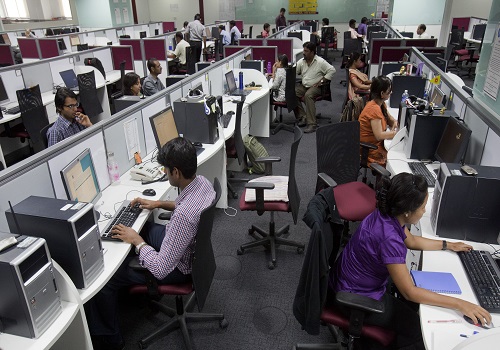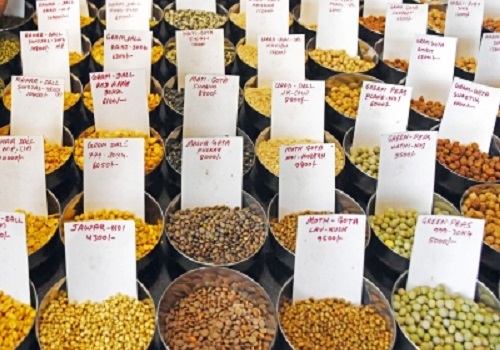Gold slips 1% on elevated yields, dollar strength

Follow us Now on Telegram ! Get daily 10 - 12 important updates on Business, Finance and Investment. Join our Telegram Channel
Gold prices retreated 1% on Monday as elevated U.S. Treasury yields and a surge in the dollar to two-decade highs dented the appeal of non-yielding bullion.
Spot gold was down 1% at $1,865.05 per ounce by 1302 GMT. U.S. gold futures fell 0.9% to $1,866.20.
Buoyed by expectations of aggressive policy tightening by the Federal Reserve, benchmark 10-year U.S. Treasury yields rose to their highest since November 2018 and the dollar hovered near its highest level since 2002. That made gold more expensive for overseas buyers. [USD/]
"Gold is suffering mostly due to the strength of the U.S. dollar," said Carlo Alberto De Casa, external market analyst at Kinesis, adding that a fall below the key support level of $1,850 would be a negative signal.
Gold is considered a safe store of value during political and economic crises but it is highly sensitive to rising U.S. interest rates and bond yields, which raise the opportunity cost of holding bullion.
Two of the Federal Reserve's policy hawks on Friday pushed back on the view that the U.S. central bank missed the boat on the fight against stubborn inflation, citing tightening financial conditions that began well before the Fed began raising interest rates in March.
But concerns about global growth, fuelled by rapid inflation and heightened geopolitical risks, should somewhat support gold prices, ANZ analysts said in a note. [MKTS/GLOB]
Meanwhile, Britain announced on Sunday it would increase tariffs on platinum and palladium imports from Russia and Belarus in new sanctions.
Spot palladium fell 0.1% to $2,049.31 per ounce, while platinum shed 1.8% to $945.54 and silver fell 1.9% to $21.91.
Estimates for palladium demand have taken a hit from the expected decline in global light vehicle production in 2022 due to the chip shortage and China's COVID-19 curbs, Heraus said in a note.












 320-x-100_uti_gold.jpg" alt="Advertisement">
320-x-100_uti_gold.jpg" alt="Advertisement">












